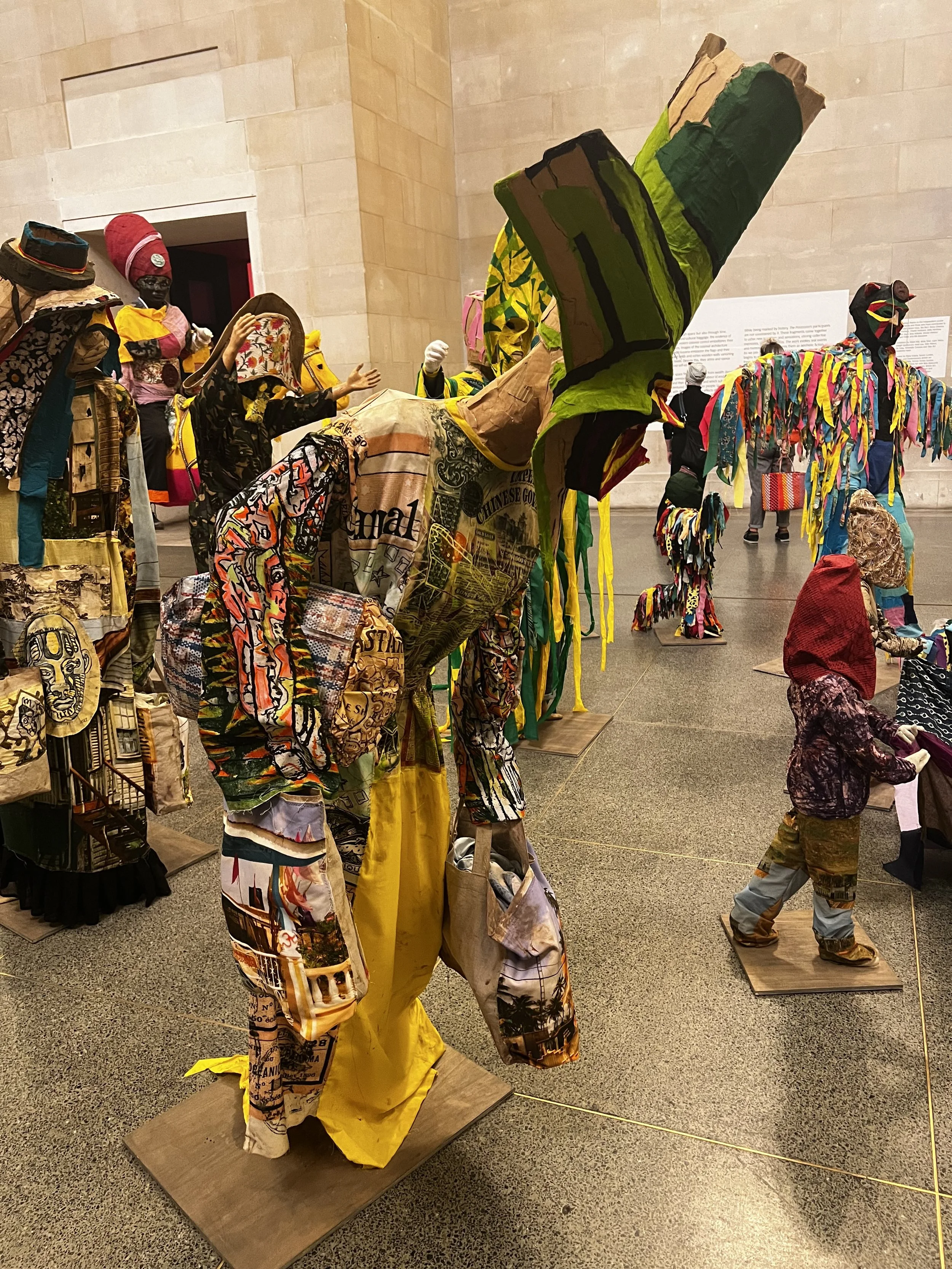Selected Course Syllabi
-

Plagues Power and Social Control
How do societies respond to outbreaks and why? What do epidemic moments tell us about global structures of power and the dynamics of control? Drawing on historical cases including plague during the European Renaissance and before, the HIV/AIDS Pandemic and the West African Ebola Outbreak of 2013-2016, this course will introduce students to the history and practices of disease control as well as important theoretical perspectives by which to understand the sociological and historical effects of disease and the responses to them. Students will engage sociological concepts such as biopolitics, social construction of disease and illness and biosecurity and produce a final research paper examining the outcomes and responses to an epidemic event to show mastery of the topics covered in the course.
-

The Value of Life: Racism, Capitalism and Health
We are generally told that you can't put a price on life or a price on our health but lives are quantified, valued and priced every day. In this class we will explore the ways in which life is valued in the modern world, its effects and the outcomes from it. We will also examine how forms of quantification and valuation have been employed to dehumanize and subjugate peoples, especially those racialized as different. Beginning with an exploration of human pricing during the trans-Atlantic Slave trade and continuing through to contemporary health care and health insurance practices, this course will examine how we value (monetarily) human existence in modernity. This course will introduce students to ideas emerging out of the Black Marxist Tradition, postcolonial thought, and critical feminist approaches to historical research. From the examination of insurance under slavery to the use of race corrections in medical algorithms, this class will confront students with the question- "how can we put a price on life?" and most importantly "Should we?".
-

Race, Racism and Medicine
How can we think about the interconnections between racism, theories of race and the practice of medicine? Living at a moment when racial disparities in health outcomes in the United States are still very stark, this course will provide a historically grounded approach to thinking about the roles that race and racism have played in healthcare, the production of health disparities as well as the role of medicine in the development of racist thought. While much of this course will focus geographically within the United States, this class will also explore global histories of medicine, encountering questions of race and medicine in Africa, the South Pacific and Asia.
-

(Making Space for) Black Thought
How do we think about the power relations at work in the scholarship we read and in the important texts we consider essential to our educational experience? This course will critically investigate the role that concepts of race and racism have played in formulating dominant perceptions of who can be the producers of knowledge and what constitutes authoritative knowledge itself. We will consider how and why thinkers and scholarship produced outside of Europe and North America are too often ignored for their scholarly contributions and the dynamics that lead to this situation. We will also explore how and why new and important perspectives emerge from engaging and centering voices from beyond traditional canonical works. With a particular focus on the forms of knowledge arising from European Enlightenment approaches to concepts of thought reason and objective knowledge, this course will critically engage students with a wide range of thinkers such as GWF Hegel, W.E.B. Du Bois, Angela Davis, Ralph Trouillot, bell hooks, Walter Rodney, Gayatri Spivak, Sylvia Wynter and Frantz Fanon. This course will focus largely on thinkers engaging within the Black Atlantic and black diaspora traditions to question how we might consider voices and thought from beyond Eurocentric positions in our own scholarly practice.